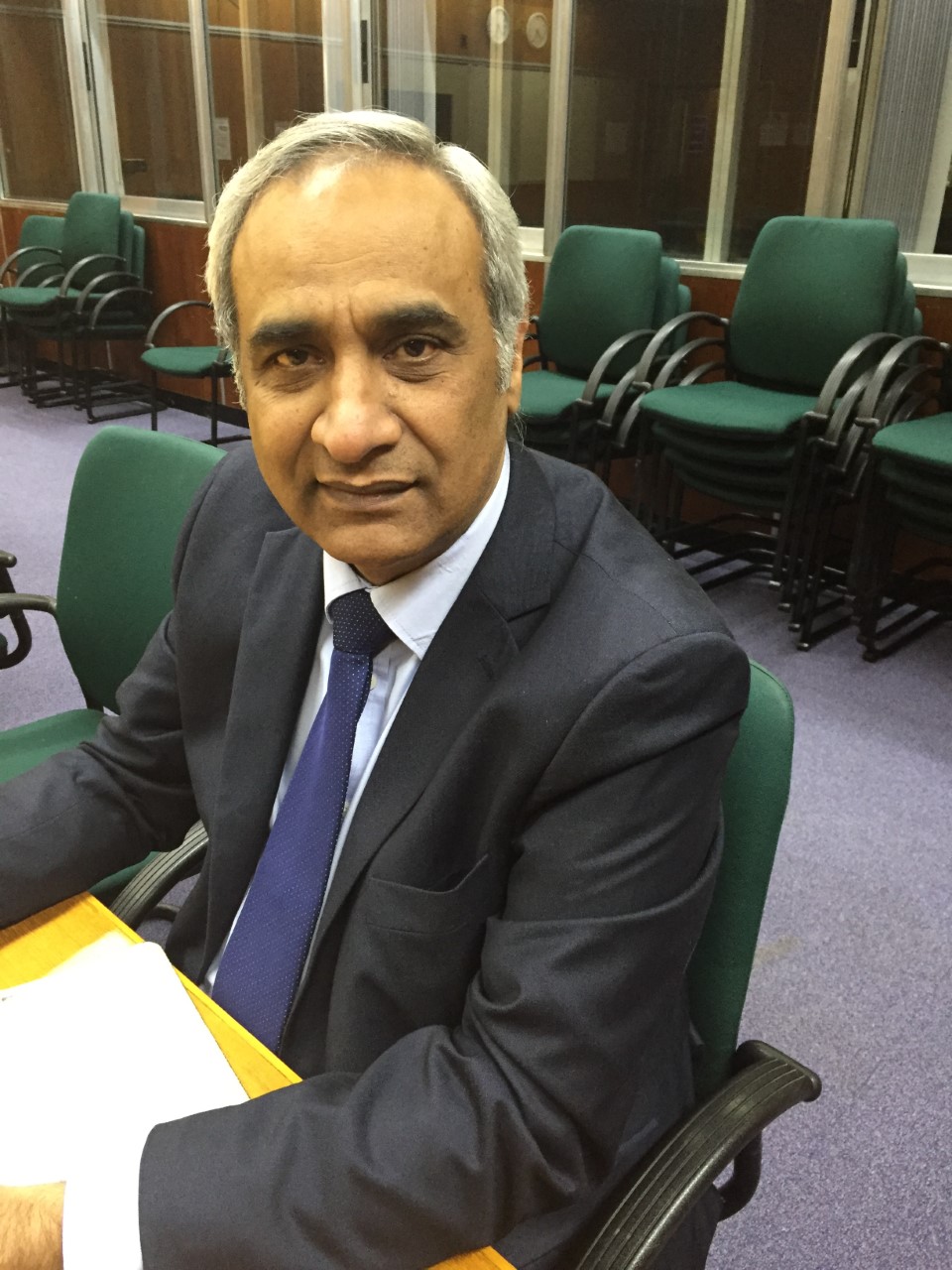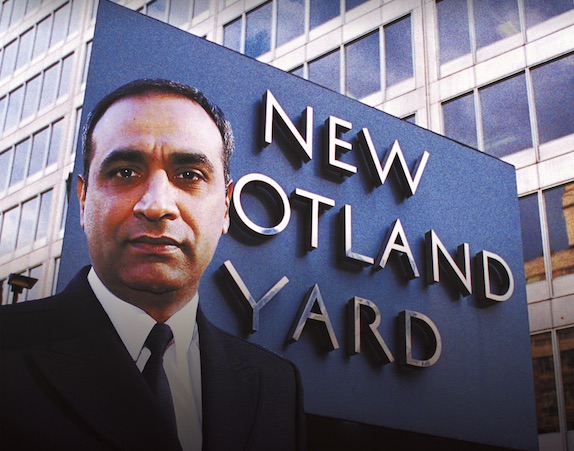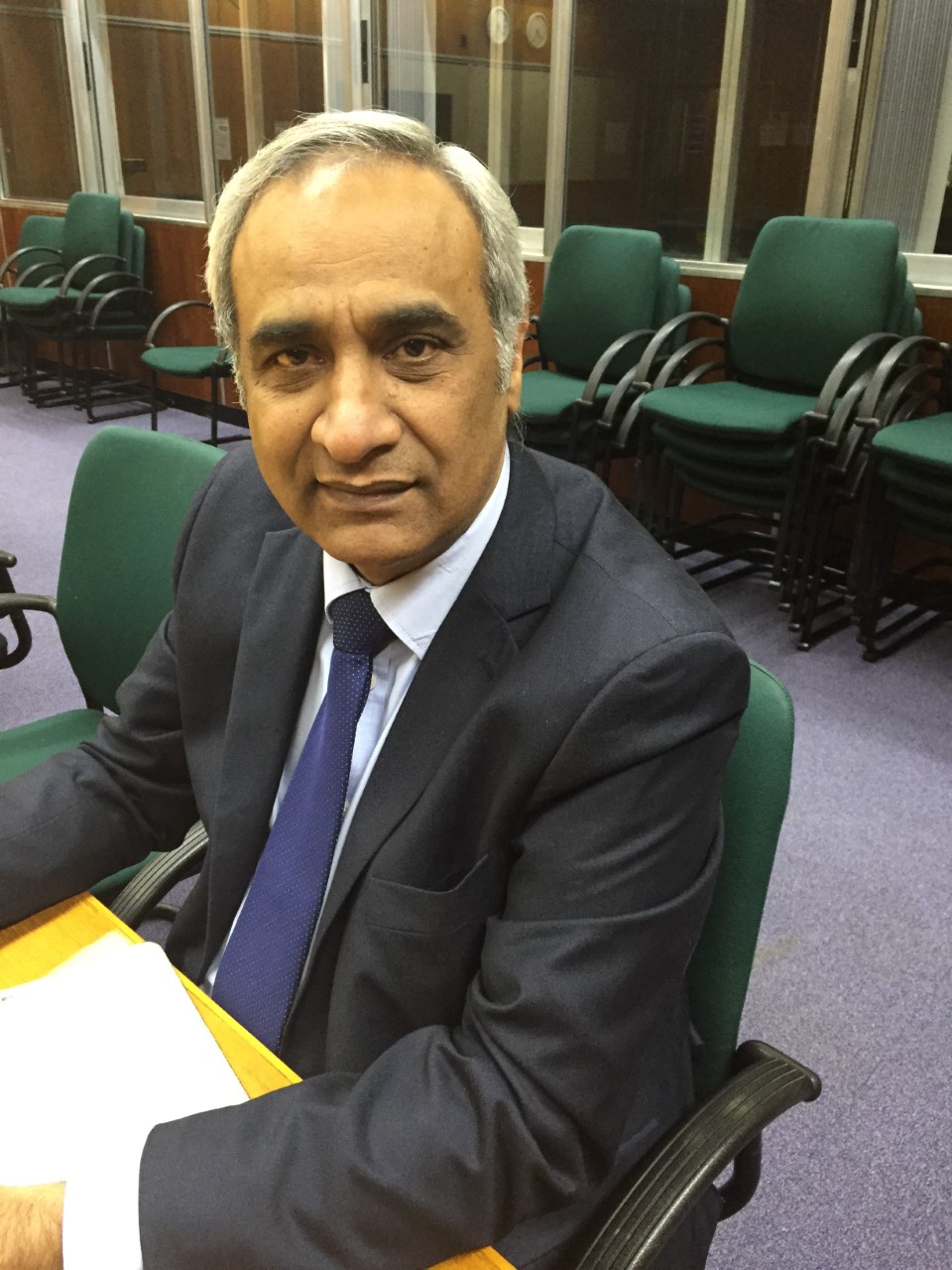In December 2018, the Home Affairs Committee launched an inquiry to examine progress made to date against 70 recommendations made by Sir William Macpherson in 1999 in the report of the Stephen Lawrence inquiry.
The deadline was short and with the Christmas holidays approaching, I wrote my submission because I wanted to inform the inquiry of the reality of working in a police force that is ‘institutionally racist’. Other people, who also wanted to make submissions, complained to the inquiry about the short timescales over the holiday period. Eventually, the deadline was extended to January 31, 2019.
I served in the Met for 30 years retiring at the rank of detective sergeant in 2012. During those 30 years, I suffered more than my fair share of discrimination, racism and victimisation within the police. Back in 1998 late at night, I dealt with a stabbing incident in Hanwell, West London, where five white youths stabbed and attacked two Asians who were heading home after a night out. This was an unprovoked racist attack. The victims were given first aid, families of the victims were informed, suspects were arrested, a weapon was recovered and blood-stained clothing was seized from the suspects.
Compared to the Stephen Lawrence case, there was a stark difference: as a BAME officer, I took charge of the situation and dealt with it as I was trained to do.
My case was taken over in the morning by the CID. To my horror the suspects were released, their homes were not searched and the crime was downgraded to assault. I was furious and challenged my chief superintendent who in return reprimanded me for interfering with the investigation even though I was the arresting officer. I informed him that I intended to take the matter further.
For my troubles, I ended up being arrested by the Metropolitan Police, my family home was searched by an anti-terrorist team and I was dismissed from the police on what I believe to be trumped up charges made by a kangaroo disciplinary panel. The disciplinary hearing was the first ever to be witnessed by the Independent Advisory Group, which wrote a scathing report on how it was conducted.
 During my time on bail, I wrote to the Stephen Lawrence Inquiry informing them of the stabbing incident. I wrote about how things should be done and the consequences of challenging racism. My case was eventually heard at the employment tribunal, where I was exonerated. It was found that the Met had discriminated against me. I received written apologies from Sir Ian Blair and Sir John Stevens, returning to work in 2002.
During my time on bail, I wrote to the Stephen Lawrence Inquiry informing them of the stabbing incident. I wrote about how things should be done and the consequences of challenging racism. My case was eventually heard at the employment tribunal, where I was exonerated. It was found that the Met had discriminated against me. I received written apologies from Sir Ian Blair and Sir John Stevens, returning to work in 2002.
In 2002, I received a commendation from the then assistant commissioner Bernard Hogan-Howe in recognition for my work in relation to the 1998 racist stabbing incident.
However, my card was marked – my career was finished. Despite passing the inspectors’ exams, I was never promoted. There was a secret report (which I now have) circulated to senior officers claiming that the employment tribunal had got it wrong. I was then investigated on various pretexts in order I believe to deliberately try to criminalise me and to get me out of the police.By 2012, my family had enough and I put my papers in to leave the job that I loved.
As a new start, I became a tutor for adult education and was privileged to carry the Olympic torch. I went into politics but the Metropolitan Police had other plans for me. In 2014, just before the local elections, I was accused of historical sexual offences and misconduct in public office. My reputation in my community, both nationally and internationally, was destroyed. My political and teaching ambitions were also destroyed. These allegations resulted in a trial at Southwark Crown Court where in 2015, the jury unanimously found me not guilty of all the charges against me.
Due to the funding of the trial and without a proper job, I was financially broke. It should be pointed out that the Police Federation, supposed to look after the interests of their members, refused to fund my case even though I had been paying my subscriptions since I joined. Due to the publicity of the allegations, I was unable to gain employment.
I reported the sexual offences complainant to the police for making false allegations and perverting the course of justice. This was shut down by the Met. I reported the Met to the Independent Police Complaints Commission. The Crown Prosecution Service refused to hold an inquiry. The media failed to cover my story properly. I contacted support agencies like Liberty and Equality and Human Rights Commission. In my view, all my efforts were shut down. I asked the Home Office, Home Affairs Committee, Ministry of Justice and the Greater London Assembly to launch an investigation – again, all my efforts were shut down. It makes you wonder whether Britain is a democratic country.
Could it be because my case shows all the traits of institutional racism that still exists at a very high level? Yes, because as a BAME officer I challenged inequality at the top, I am being persecuted. The evidence is there in the public domain. Every time I was investigated in my belief senior officers made decisions about the direction of those investigations including the 2014 prosecution.
So, when an examination of the Macpherson Inquiry came up on its 20th anniversary, I made my written submission. To date, I have not been asked to give evidence nor has my submission been put on the website. Does the chair, Labour MP Yvette Cooper, not want to hear my evidence? How will the Home Affairs Committee know how the government and police service has performed against Macpherson’s 70 recommendations if people like me are not allowed to give evidence?
Commissioner Cressida Dick wants the label of ‘institutionally racist’ removed because she claims that it is a very unhelpful label which does more harm than good. When the commissioner was asked about my case at the Home Affairs Committee, she responded:
‘If we are talking about a prosecution of Mr Virdi, I would say of course that the decision to prosecute was made by the CPS on the basis of a file (produced by the police), which will no doubt have laid out the evidence and the strengths and weaknesses. I really cannot comment any further. It would be inappropriate for me to do so.’
Commissioner Dick wants to protect an organisation that is still institutionally racist by not launching a full independent inquiry. In public, she had stated: ‘There is an absolute determination to have zero tolerance for racism.’ These are mixed messages that will not reassure the public. After all, Sir Bernard Hogan-Howe called in Sir Richard Henriques to do a report into the Met’s handling of non-recent sex allegations against high profile offenders, Operation Midland.
Why are those who are rich and in powerful positions treated differently when faced with false allegation from ordinary hardworking people? Why is it that no white officers have suffered in the same way when challenging inequality, not had their homes searched by anti-terrorist teams, not been put under surveillance and pursued into retirement with false allegations?







